Climate Change And Vector Borne Diseases
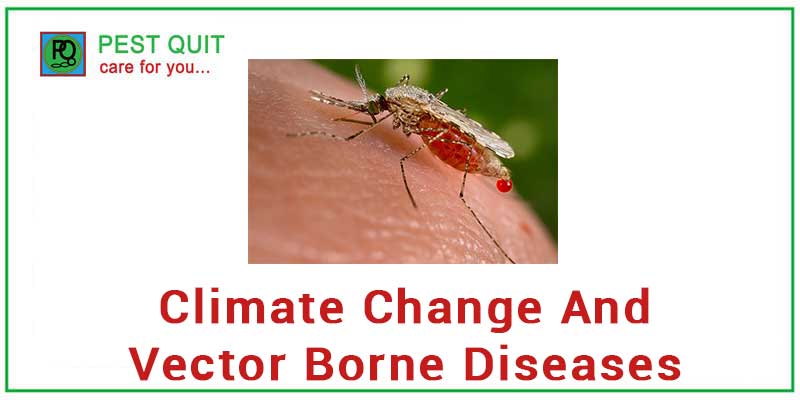
Climate Change And Vector Borne Diseases
Climate change is an escalating global phenomenon that has far-reaching implications, extending beyond environmental shifts to affect human health in numerous ways. Among its multifaceted impacts, one of the most concerning is the resurgence and spread of vector-borne diseases.
These illnesses, transmitted by organisms like mosquitoes, ticks, and flies, have seen a notable resurgence and geographical expansion due to alterations in temperature, precipitation patterns, and ecological transformations spurred by climate change.
The intricate interplay between climate shifts and the proliferation of vector-borne diseases poses significant challenges to public health systems worldwide, necessitating urgent attention, proactive strategies, and interdisciplinary efforts to mitigate its potential ramifications on human well-being.
What is a vector-borne disease?
A vector-borne disease is an illness caused by germs or parasites that are spread through the bites of certain creatures called vectors, like mosquitoes, ticks, or fleas. These tiny creatures carry harmful microorganisms, such as viruses, bacteria, or parasites, from one person or animal to another while feeding on their blood.
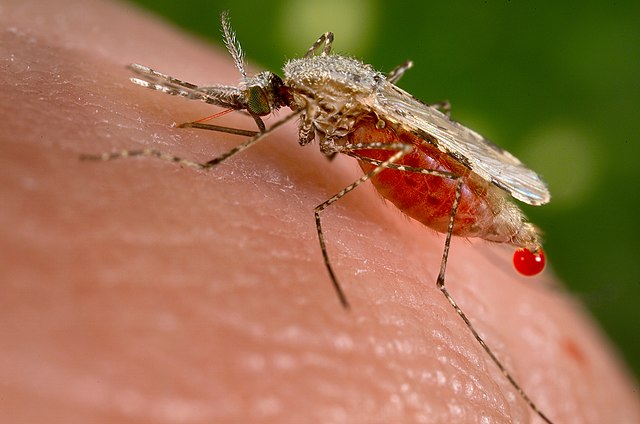
When a vector bites someone who is infected with a disease, it can pick up the germs or parasites. Later, when the same vector bites another person or animal, it can transmit these disease-causing agents into their bloodstream, causing them to become sick.
Vector-borne diseases can be found all around the world and can cause various health problems. Some common vector-borne diseases include malaria, dengue fever, Zika virus, Lyme disease, and West Nile virus. The risk of getting these diseases often depends on where a person lives or travels, as different regions have different types of vectors carrying different diseases.
How is climate change increasing the risk of vector-borne diseases?
Climate change is affecting our planet in many ways, and one significant impact is the increase in the spread of diseases carried by vectors like mosquitoes, ticks, and fleas. These diseases, known as vector-borne diseases, pose a growing threat to human health worldwide. Let’s explore how climate change plays a role in this concerning issue.
- Rising Temperatures and Disease Carriers: As the Earth’s temperature continues to rise due to climate change, it creates a more favorable environment for disease-carrying vectors to thrive and expand their habitats. Warmer temperatures can increase the breeding and survival rates of these vectors, allowing them to reproduce more quickly and spread to new regions where they might not have been able to survive before.
- Changing Weather Patterns and Disease Spread: Climate change also leads to changes in weather patterns, such as increased rainfall or alterations in temperature fluctuations. These changes can directly impact the distribution and behavior of disease-carrying vectors. For instance, areas that were once too cold for certain vectors may become suitable for them to survive and transmit diseases as temperatures warm up.
- Altered Ecological Balance: The balance of ecosystems is being disrupted due to climate change. This disruption affects the natural predators and competitors of disease-carrying vectors, allowing their populations to grow unchecked. Additionally, deforestation and other human activities contribute to the displacement of wildlife, potentially bringing disease-carrying vectors into closer contact with humans.
- Impact on Human Health: Vector-borne diseases like malaria, dengue fever, Lyme disease, and Zika virus pose significant threats to human health. These diseases can cause severe illness, long-term health complications, and, in some cases, even death. The spread of these diseases to new areas puts more people at risk, especially those who may not have immunity to these illnesses.
Precautions for vector-borne disease
Vector-borne diseases are illnesses transmitted by vectors such as mosquitoes, ticks, and fleas. Preventing these diseases involves a combination of personal and environmental precautions to minimize exposure to these vectors. Here are essential measures to avoid vector-borne diseases:
- Use of Repellents: Applying insect repellents containing DEET, picaridin, or oil of lemon eucalyptus helps deter mosquitoes and ticks.
- Wearing Protective Clothing: Covering exposed skin with long sleeves, pants, and socks reduces the chances of insect bites.
- Eliminating Breeding Sites: Regularly emptying stagnant water from containers, gutters, and flowerpots deprives mosquitoes of breeding grounds.
- Screening and Sealing: Installing window and door screens helps prevent entry of mosquitoes and other vectors into living spaces.
- Vector Control: Using insecticides and pesticides in a safe manner, such as spraying or treating areas where vectors breed, aids in controlling their population.
- Vaccination: Where available, vaccines for specific vector-borne diseases like yellow fever or Japanese encephalitis can be crucial for prevention.
- Awareness and Education: Educating communities about the risks, symptoms, and preventive measures against these diseases promotes proactive measures.
- Travel Precautions: When traveling to areas prone to vector-borne diseases, research and adhere to specific preventive measures recommended for that region.
By implementing these precautions, individuals and communities can significantly reduce the risk of contracting vector-borne diseases, contributing to a healthier environment and population.
Conclusion
Climate change is intricately linked to the spread of vector-borne diseases, posing a significant challenge to global public health. Addressing this issue requires coordinated efforts at local, national, and international levels to mitigate the impact of climate change and implement effective strategies to control the spread of these diseases. By taking proactive measures and fostering environmental stewardship, we can strive to reduce the risks posed by vector-borne diseases in a changing climate.
Professional pest control is the only choice for serious pest problems. Experts at Pest Quit will help you determine the best plan of action for safely eliminating the pests.
Looking for Effective Pest Control Services in your city?
Then you are in the right place.

#AdaptationStrategies#ClimateAction#ClimateChange#ClimateScience#DiseaseControl#EnvironmentalHealth#Epidemiology#GlobalHealth#HealthImpacts#HealthPolicy#InfectiousDiseases#MosquitoControl#Mosquitoes#OneHealthApproach#PandemicPrevention#PublicHealth#ResilientCommunities#VectorBorneDiseases#VectorControl#ZoonoticDiseases
Related Posts
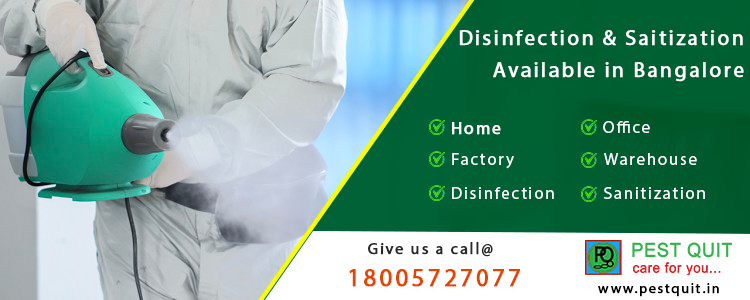
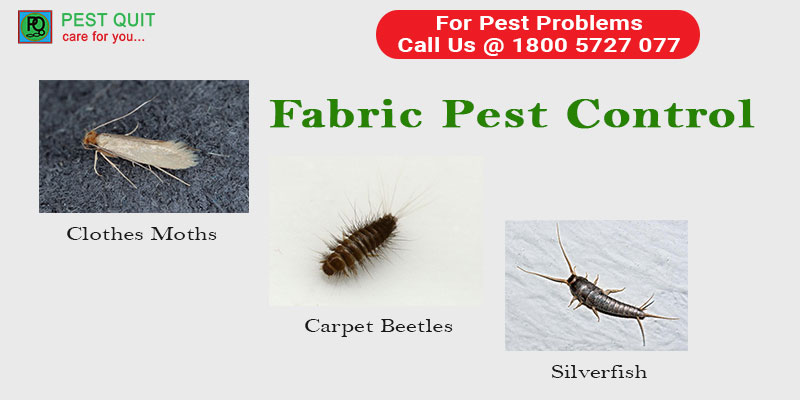
What is Fabric Pest Control?
Fabric Pest Control In India, fabric pests, especially carpet beetles, are very common in both…
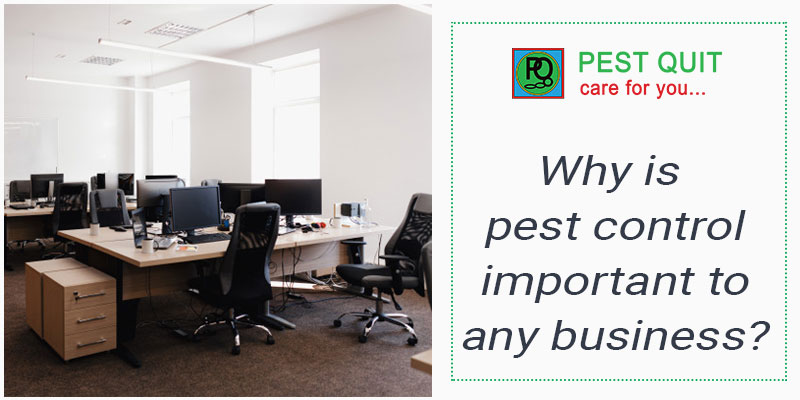
Why is pest control important to any business?
Why pest control in any office is necessary? Our commercial or industrial space is always…

